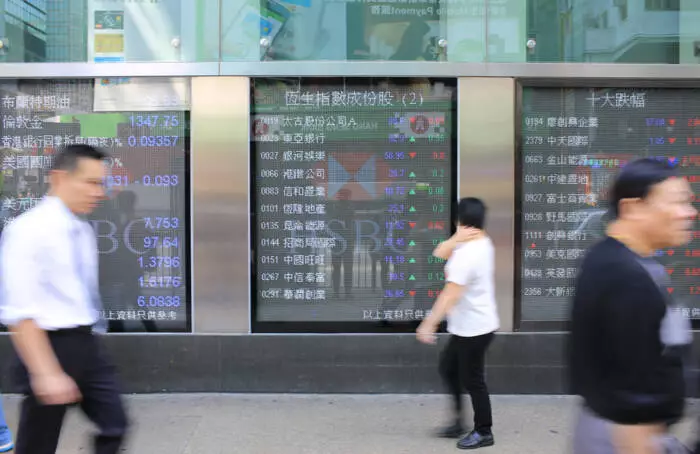Recent policy changes in China have dramatically shifted investor sentiment toward the real estate sector, resulting in a positive response reflected in the Hang Seng Mainland Properties Index (HMPI). During the week leading up to September 27, the index skyrocketed by an impressive 30.64%. This surge can be attributed to a series of encouraging reforms aimed at stabilizing the housing market. Leading companies like Longfor Group Holdings, Shimao Group, and Agile Group recorded significant stock price increases of 56.44%, 69.81%, and 46.51%, respectively. This renewed confidence could signify a turning point for an industry that has faced considerable headwinds in recent years, suggesting that investors are optimistic about long-term prospects.
Alongside the robust performance in real estate, the tech sector demonstrated resilience, with the Hang Seng Tech Index (HSTECH) climbing by 20.23% during the same period. Major players such as Baidu and Alibaba drove this upward trend, with stock increases of 17.73% and 17.55%. Tencent also contributed to the sector’s growth, gaining 12.66%. This tech resurgence hints at a broader technological recovery and indicates that investors are recognizing the potential of innovation-driven growth within Asia, which could lead to renewed investment in technological advancements and startups moving forward.
In addition to equity markets, commodities also reacted positively to China’s policies. Iron ore, a key resource, appreciated by 15.62% in anticipation of increased industrial activity within China, suggesting that the demand for raw materials could rise as economic activity picks up. Additionally, gold prices saw a slight increase of 1.38%, reaching $2,658, as investors typically turn to precious metals during uncertain times. This shift indicates a growing investor interest in commodities as integral parts of their portfolios amid fluctuating stock market trends.
Meanwhile, the Asian markets are not isolated, as evidenced by developments in Japan. Recent inflation data from Tokyo has tempered expectations regarding the Bank of Japan’s potential rate cuts. The resulting demand for the USD against the JPY caused a surge, peaking at 146.491 before reversing in the broader trading session. Export-driven stocks thrived under these circumstances, with Tokyo Electron climbing 13.32% and other well-known corporations like Softbank and Sony showing respectable gains. This interaction of monetary policy and market behavior highlights the intricate web of global economic factors that investors must navigate.
As central banks and government measures play pivotal roles in shaping market directions, it’s essential for traders and investors to remain vigilant. Keeping an eye on real-time data, expert insights, and the latest news is crucial for adapting trading strategies to this fluid environment. In particular, developments in Asian equity markets are likely to influence global market trends, making ongoing analysis critical for successful investment strategies. Emphasizing the importance of being informed allows traders to optimize their positions and respond effectively to the dynamic nature of financial markets.

